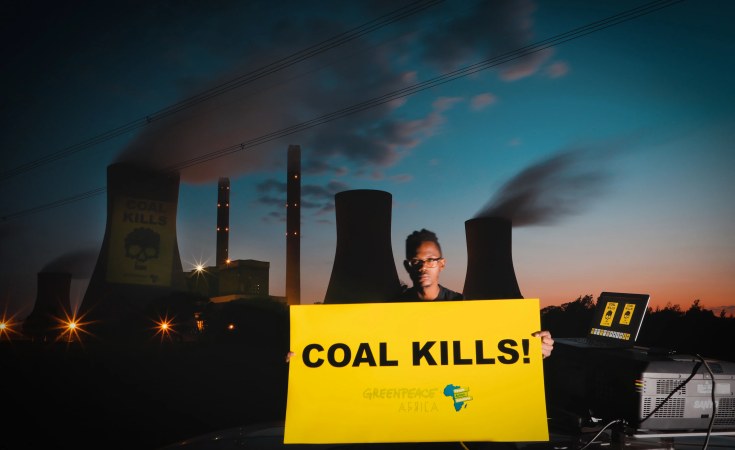Presidential spokesperson Vincent Magwenya says South Africa will need funding in the form of grants in order to implement the Just Energy Transition.
He was speaking during the weekly presidential media briefing in Pretoria on Sunday.
Magwenya revealed that South Africa will need at least R1.4 trillion over five years to transition from high to low carbon emissions.
"This money will need to come from various sources including the funding that industrialised countries have promised to developing countries and from commercial financial institutions.
"At the UN Climate Change Summit last year, France, Germany, UK, US and the European Union pledged around R140 billion to support the just transition. An initial amount of R10.7 billion has been received in low-interest loans from Germany and France.
"While South Africa welcomes low-interest (or concessional) loans, a substantial portion of this funding needs to be in the form of grants," he said.
Magwenya said the move towards lower carbon emissions is imperative as the toll will begin to weigh heavily on South Africa's economy.
"South Africa's exports need to remain competitive in a global economy where goods from countries with high carbon emissions will soon attract high tariffs. Unless we reduce our emissions, many of the goods we seek to export will find key markets closed to them. Thus, South Africa's economy will struggle to grow and create jobs.
"We need to access finance for infrastructure development and industrialisation when more and more banks are not investing in high emission industries. Our companies will struggle to get financing for infrastructure, factories and other projects," Magwenya said.
The spokesperson emphasised government's position that a Just Energy Transition must bear in mind the socioeconomic consequences of moving towards lower carbon emissions.
"A just transition is needed to ensure that the shift to a low-carbon economy does not negatively affect workers, communities and broader society. For example, new jobs and opportunities need to be created for workers in the old power stations that are being decommissioned and those in the coal mines that supply them. They need to be skilled and reskilled to take up positions in new industries.
"Affected communities need to benefit from the building of new renewable energy plants and new industries that produce materials for renewable energy, electric vehicles, green hydrogen and mining for minerals needed in the new economy. Community members should be able to participate directly in these industries and indirectly through the businesses that will support new economic activity," he said.


